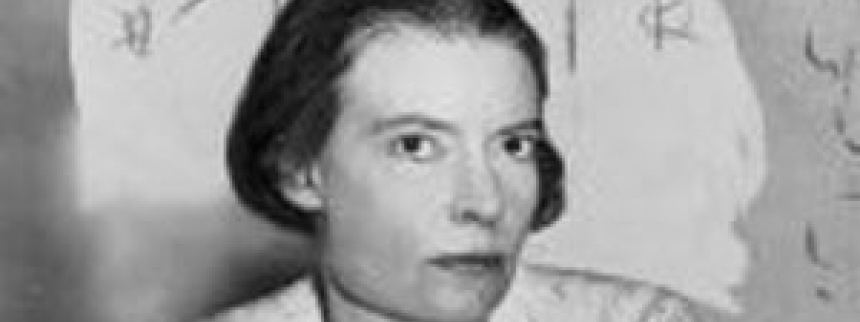
Dorothy Day was a tough cookie. During her wild days in New York she was known as the girl “the gangsters admired” because “she could drink them under the table.” Nothing fazed her back then. One night while riding in a taxi, a granddaughter says, the driver assaulted her in a Jewish cemetery in Yonkers, but she was having none of it. She fought back like a Shakespearean shrew, “biting him until he bled,” and then demanded he drive her to the train station. Incredibly he obeyed her and, when he began to curse her, she shut him up by scolding him all along the way.
But after this woman became a Catholic and was herself being scolded by somebody else (in confession), she was far from being a shrew. She was a model of humility and compunction. “I left that confessional booth feeling stupid,” she wrote. “I began to realize how wrapped up I had become in myself, in my words, in my reputation …. I took one of the longest walks of my life; I kept hearing that priest’s words.”
What Dorothy is talking about here is The Eleventh Virgin, a novel she wrote in her early years about a girl’s struggle with her emerging sexuality. The novel is really about Dorothy’s own promiscuous youth, and the racy details of the story eventually embarrassed her when she became a celebrity in Catholic circles. She would lie in bed obsessing about the book’s erotic passages and she dreamed about visiting all the libraries in the country to destroy every single copy. That finally stopped when a priest told her in confession that her real problem was not pornography but vanity. She was more concerned about her image than about the truth.
But scolded or not, Dorothy kept going to confession – weekly confession. It was a major part of her spiritual life. In fact, one of the more memorable passages in her autobiography, The Long Loneliness, is her description of Saturday night confessions in a dimly lit Manhattan church in the heat of summer: “the smell of wax and incense in the air”; the “sound of a great electric fan”; the “sliding of the shutters of the little window between you and the priest in his box.” And when your turn came to enter that box, she wrote, your task was simple: Spill out your sins unvarnished. “That is all you are supposed to tell,” she wrote, “not the sins of others, or your own virtues, but only your ugly, gray, drab, monotonous sins.”
The truth is, Dorothy’s sins were not all that drab and monotonous – at least not those of her recent past. Some of her relationships with men back then were more about lust than they were about love, and at one point they caused her to resort to an abortion and two attempts at suicide. But in confession those were not the sins that haunted her. What haunted her were questions about her pride: Am I just trying to make myself “feel good” when I feed those hundreds of people in the soup kitchen every day? Do I get a swelled head when people tell me that the pope admires me and that one day I will be a saint? The sin of pride is “the worst of all sins, and it lurks around every corner.”
Feeding the poor is “dangerous work,” because you begin to think you are “God’s gift to humanity,” a very blunt nun had said to her once. The comment caught Dorothy off guard at the time but she never forgot it. “I’ll remember her words until my dying day,” she told one of her biographers.
This is the second of a three-part series on Dorothy Day. In the Nov/Dec issue: The centrality of the cross over Dorothy Day’s political philosophy. Read part one: Dorothy Day's Unusual Devotion to Prayer.
Msgr. James Murphy is former associate publisher of Catholic Herald and rector emeritus of the Cathedral of the Blessed Sacrament.

